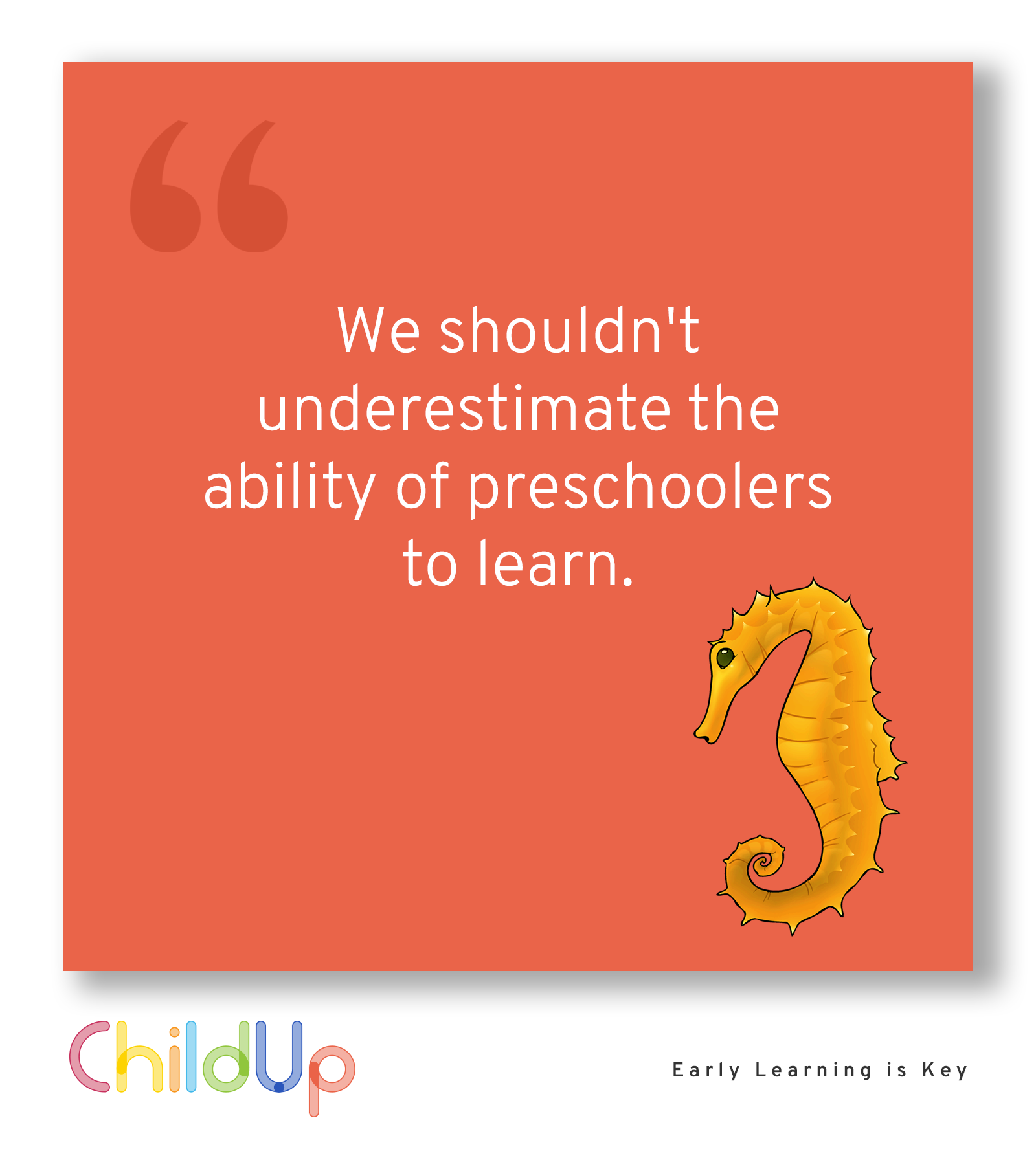At some point during the early years, most parents will try to teach their kids the basics of math and language, usually starting with the alphabet and numbers. However, the big problem is that often the kids quickly get discouraged, and so do their parents. So much so that the excellent resolutions to start learning at home promptly become tedious and, therefore, a chore to avoid.
When the same parents are asked why they do not teach their children to count or read, a very common answer is: “He/She does not want to.” or “He/She does not like it.” Game over. Another frequent but much worse answer is: “He/She is not math savvy.” or “He/She doesn’t like reading.” And the negative label is stuck on the little one's head from then on.
Now, the big question is: How do you get your preschooler ready to comply with this kind of exercise? The iron rule is, of course, never resort to any violence, verbal or, above all, physical. So the process takes a lot of discipline, patience, and perseverance. The goal is for the learning sessions, whatever the subject, to become an enjoyable routine. But how to achieve this?
As almost everyone knows, for kids, nothing is more fun and motivating than playing. So the principle is to use all kinds of toys and games (bricks, puzzles, card games, board games, images, comics, illustrated books, etc.) as the main tools in your learning activities. At first, it may not always be easy for your child to remain calm and focused for a certain period of time (even when playing), but that's not a reason to give up. In a progressive step-by-step, your little student will probably get used to and even look eagerly for those great learning lessons disguised as play sessions with you.
The huge advantage of this system is that it will gradually turn into a virtuous circle. The earlier a child begins to learn, the easier it becomes for her/him to access higher stages of knowledge and culture. Many early childhood educators - and parents - believe that it is a good idea to let young children develop at their own pace and according to their own preferences. This may not be the best strategy. Instead, an early and systematic learning program will allow your kids to become familiar with what awaits them later (and very soon, both in school and in their career) and equip them to succeed - and be happy - in any field they may choose.

Picture: We shouldn't underestimate the ability of preschoolers to learn (ChildUp.com)



